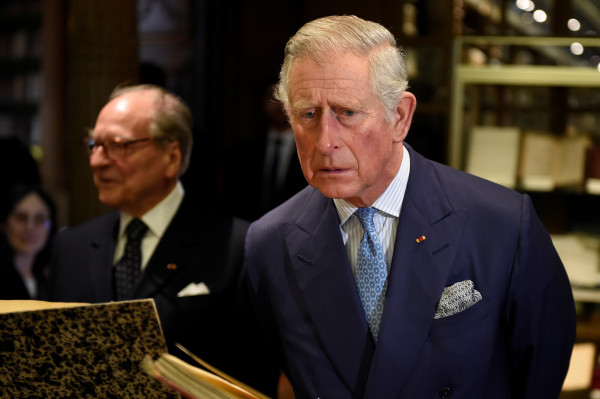King Charles III's Health and Royal Rifts Fuel Concerns for Monarchy's Future

Amidst a tumultuous period for the British monarchy, concerns are mounting over King Charles III's ability to stabilize the institution in the face of health challenges, family discord, and a series of public relations setbacks. According to sources close to the palace, the King's battle with a severe illness, speculated to be pancreatic cancer, has left him frail and unable to fully attend to the myriad responsibilities and crises facing the royal family.
The King's condition, described as more severe than publicly acknowledged, has sparked fears that the monarchy, with its 1,200-year legacy, may not endure the current storm of controversies and scandals that have besieged it since Queen Elizabeth II's passing in September 2022. An insider lamented, "The situation is desperate," highlighting the gravity of the challenges confronting the royal household.
Complicating matters, Queen Camilla, seen as a pivotal figure in supporting the King during this difficult time, has reportedly taken a step back, further straining the family's capacity to project unity and strength. Her recent Mediterranean vacation, at a time when the monarchy could use her presence, has been interpreted by some as a sign of internal divisions and dissatisfaction with the current state of affairs.
Prince William, the heir apparent, has also faced his share of difficulties, notably reducing his royal engagements to care for his ailing wife, Princess Kate, and to manage personal and familial challenges. The Prince's decision to forgo a memorial service in favor of a controversial stand-in, Prince Andrew, has only added to the monarchy's image woes.
Amidst this backdrop of uncertainty, other royal family members, including Princess Anne and Prince Edward alongside his wife Sophie, have endeavored to bridge the gap left by the King and Queen's reduced public presence. However, their efforts, while commendable, have not sufficed to quell concerns about the monarchy's sustainability.
Observers point to the long-term consequences of decisions made over a decade ago to streamline the number of royals in official capacities, a move that has since narrowed the pool of family members able to represent the monarchy during times of need. This issue has been compounded by Prince Harry and Meghan Markle's departure from royal duties and their subsequent critiques of the royal family, which have further strained relations and diminished the institution's public standing.
Amidst rumors of marital discord and the fallout from a recent photo-editing scandal, Prince William and Kate, once heralded as the monarchy's bright future, find themselves navigating a complex web of personal and public pressures. The couple's challenges, coupled with Prince William's alleged increased alcohol consumption as a coping mechanism, have cast a shadow over their ability to lead the monarchy into a new era.
As the royal family grapples with these multifaceted issues, there is a palpable sense of apprehension about what the future holds post-King Charles III's reign. The sentiment within palace walls is one of concern, with insiders fearing that the monarchy may be facing its twilight unless significant measures are taken to fortify its foundations and restore public confidence.














